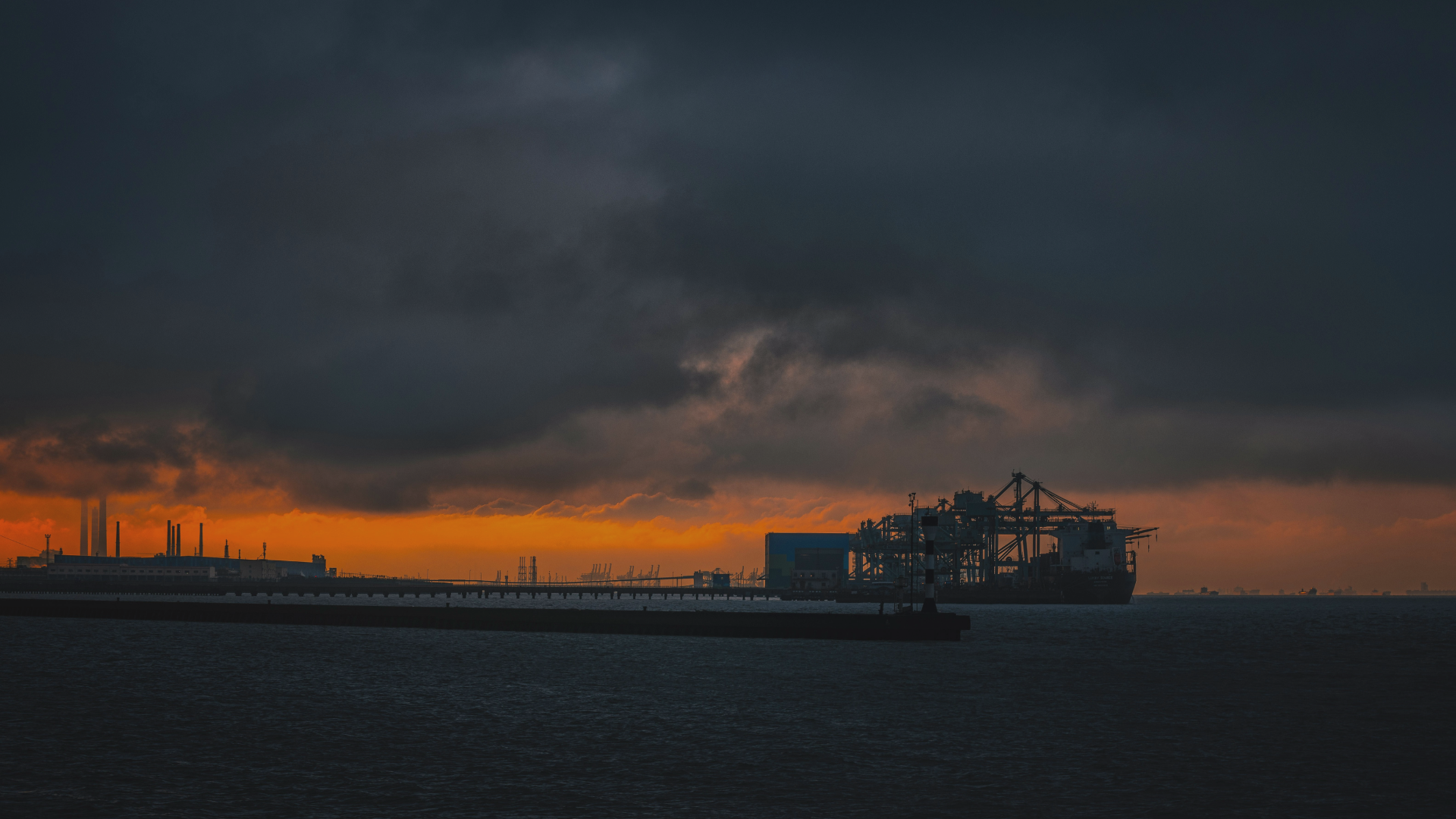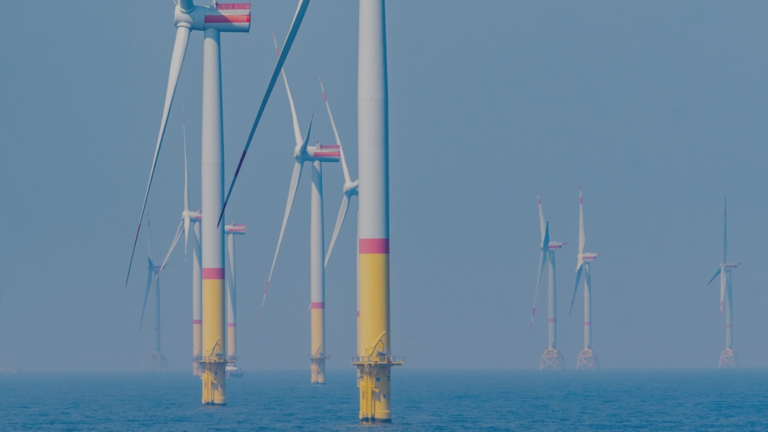Global Energy Transition Investment Reaches $2.3 Trillion in 2025 as Corporate Decarbonization Pressure Intensifies
- Topics :
- Energy
EU Climate Rules Spark Trade Backlash: Implications Across Energy-Intensive Industries
Published October 27, 2025

The European Union’s ambitious climate-regulation agenda is creating global trade friction. October 2025, United States and Qatar warned the EU that its new sustainability and due-diligence laws could threaten energy security. The remarks came during a Gas Exporting Countries Forum (GECF) ministerial meeting, where both nations raised concerns that Europe’s new climate-linked trade measures may disadvantage major energy exporters. For organizations in manufacturing, construction, public operations, data centers, and consulting, these geopolitical shifts could alter both cost structures and carbon-data obligations. Platforms such as NZero, which integrate operational, supply-chain, and energy data, are increasingly vital to managing these emerging risks.
The Policy Shock: When Climate Rules Cross Borders
The European Union has implemented and proposed several far-reaching climate measures. Among the most significant are the Carbon Border Adjustment Mechanism (CBAM) and the Corporate Sustainability Due Diligence Directive (CSDDD). CBAM introduces a carbon cost on imports of goods such as steel, aluminum, cement, fertilizers, and hydrogen, aligning imported goods with the EU’s internal carbon pricing system. The CSDDD requires companies to identify and mitigate environmental and human-rights impacts throughout their global supply chains. Both measures aim to accelerate global decarbonization, yet they have raised trade concerns abroad. During the October 2025 GECF meeting, Qatar’s energy minister stated that Europe’s regulatory actions risk undermining global energy cooperation. The United States also expressed concern that unilateral EU rules could distort trade flows and limit energy supply flexibility. This convergence of climate and trade governance marks a significant new phase of global policy interaction.

Exposure Across Key Sectors
The consequences of this regulatory tension extend well beyond the energy sector. Industries dependent on global material and equipment flows face new cost pressures and compliance challenges.
| Sector | Exposure Channel | Emerging Risk |
|---|---|---|
| Manufacturer and Factory | Imports of steel, aluminum, and chemicals subject to CBAM | Material cost inflation and delayed deliveries |
| Real Estate and Construction | Dependence on imported façade systems, HVAC units, and glass | Cost escalation and retrofit timeline risks |
| Government | Green public procurement rules require verified supplier emissions data | Administrative and reporting burden |
| Data Center | Sourcing of electronics, metals, and power systems from international suppliers | Hardware price volatility and embodied-carbon disclosure pressure |
| ESCO and Consulting | Clients require data to comply with CBAM and CSDDD | Increased demand for carbon-accounting and traceability tools |
Each of these sectors depends on reliable access to materials and data transparency. As CBAM expands, organizations must be prepared for rising costs and documentation obligations tied to their carbon intensity.
From Trade Friction to Data Imperative
Organizations now require verifiable, time-aligned data on energy use, supply chains, and emissions to meet new EU-linked reporting obligations. Scope 3 transparency will become a critical factor as the CSDDD enforces full-supply-chain visibility. Companies will need to collect and verify emissions data from contractors and suppliers, integrating this information into compliance systems. Platforms such as NZero can centralize real-time energy, operational, and supplier data, enabling scenario modeling for carbon border costs and facilitating ESG reporting. Data management systems designed for energy optimization can now serve as compliance infrastructure, improving readiness while enhancing operational efficiency.

Strategic Actions for Leaders
To respond effectively to these developments, organizations across industries should:
- Identify exposure to imported materials or equipment affected by CBAM and related policies.
- Digitalize supplier data collection and require emissions reporting from Tier-1 and Tier-2 partners.
- Integrate data platforms to align energy, procurement, and logistics systems for a comprehensive Scope 3 baseline.
- Model financial impacts under carbon prices ranging from 45 to 100 euros per ton to assess project viability.
- Engage policymakers and trade associations to promote fair, transparent compliance standards.
- Coordinate internal teams across finance, sustainability, and procurement to ensure consistent policy response.
Data transparency provides both resilience and foresight. Early adopters of integrated data systems will be better equipped to manage volatility in pricing, materials, and compliance costs.
Outlook: Turning Compliance Pressure into Competitive Edge
As trade tensions surrounding climate regulations grow, verified carbon data becomes an asset. Manufacturers with traceable, low-carbon materials will retain access to key markets. Real-estate and construction firms that can document material sustainability will qualify for green-finance incentives. Governments and data center operators that monitor energy performance in real time will better meet emission targets. Across all sectors, the future of decarbonization depends on the ability to prove environmental integrity through accurate data. Platforms such as NZero can help transform compliance challenges into opportunities for transparency, efficiency, and long-term competitiveness.
Reference
- Euronews: Qatar and US warn EU law could threaten energy security as GECF ministers meet
- European Commission: Corporate Sustainability Due Diligence Directive (CSDDD)
- European Commission: Carbon Border Adjustment Mechanism (CBAM)









